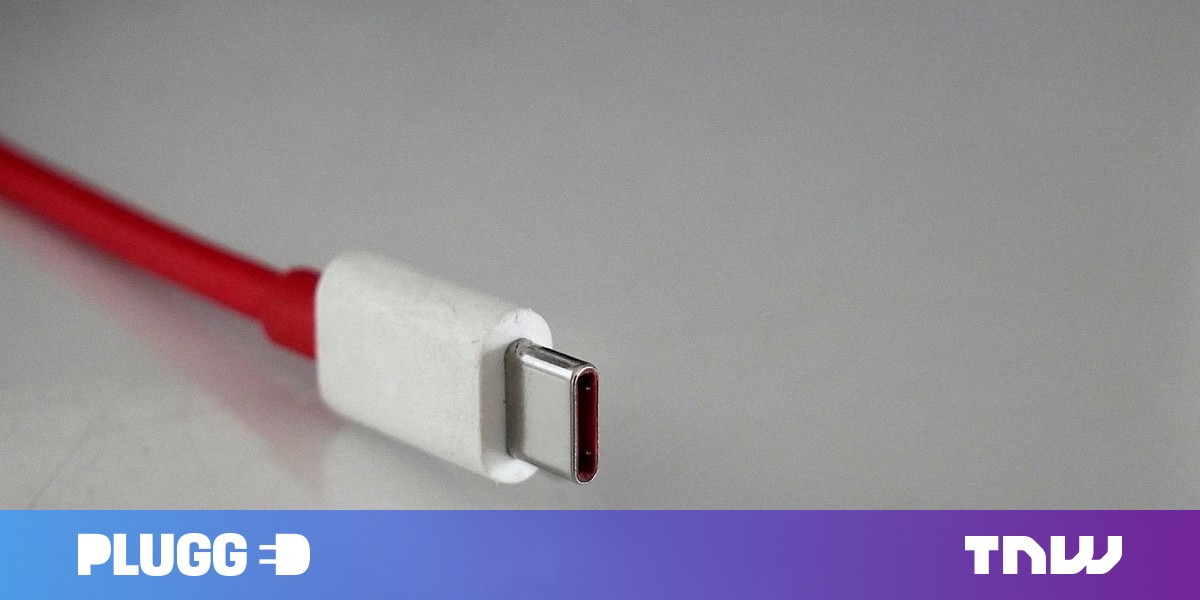
To protect devices from damage through incompatible chargers and malware attacks, USB Implementers Forum (USB-IF) – the organization that supports and promotes changes for USB standards – has introduced an authentication program for USB-C connections.
The program invites device makers to implement an optional cryptography-based protocol to authenticate USB-C connections. The protocol can help the host device (like your phone or laptop) authenticate and certify a USB device, USB cable, or USB charger, at the moment the connection is made. It can also recognize certificates and capabilities of the connected device (such as an external hard drive).
The protocol relies on 128-bit security for cryptographic authentication and covers USB Type-C chargers, devices, cables, and power sources.
The organization has partnered with Digicert as the certification authority for the protocol. So, if this authentication standard is adopted in the near future, you’ll want to look out for Digicert-certified USB-C devices to ensure your gadgets aren’t compromised.
Since this is an optional protocol, there’s no guarantee that hardware makers will implement it, but they should do it anyway to safeguard customers from potential damages from faulty chargers and other products.
Published January 3, 2019 — 07:16 UTC
Be the first to comment